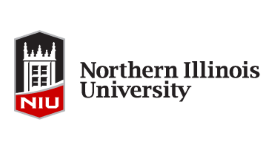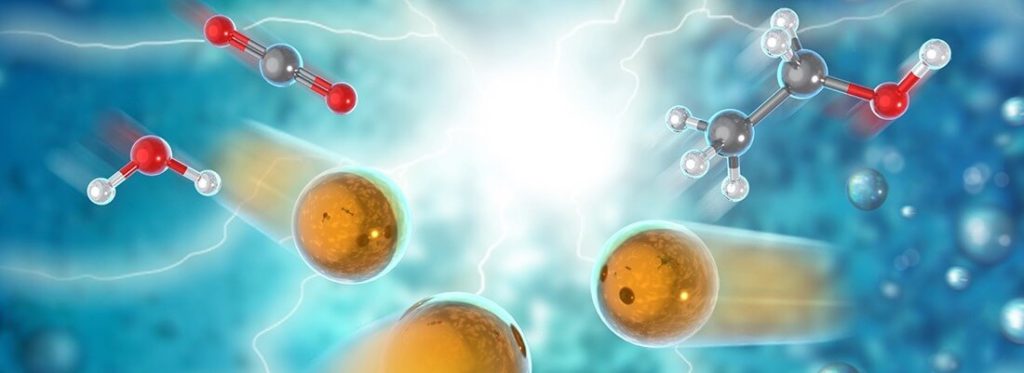Northern Illinois University stands at the intersection of federal funding, academic research, and industrial application. Collaborations with Argonne National Laboratory, the National Renewable Energy Laboratory, and private companies underscore NIU’s commitment to translating groundbreaking discoveries into tangible economic benefits.
Clean Energy and Carbon Capture: In collaboration with Argonne National Laboratory, NIU researchers are converting carbon dioxide emissions into valuable products, including:
• Ethanol for gasoline additives.
• Acetic acid for household cleaning products.
• Formic acid for use in leather, rubber, and textile industries.
This research provides a pathway to reduce greenhouse gas emissions while creating commercially valuable products for diverse markets.
Perovskite Solar Cells (PSCs): NIU researchers, with support from the National Renewable Energy Laboratory, are addressing the key challenges of stability, scalability, and toxicity in PSCs. These efforts aim to make this promising solar technology more adaptable for widespread commercial use, improving energy efficiency and affordability in the solar energy sector.
Alkali-Metal Battery Research: In collaboration with Argonne National Laboratory, research led by Tao Li investigates the behavior of liquid electrolytes in high-energy batteries, such as those used in electric vehicles. By understanding electrolyte movement and interactions, the team will gain insights to improve the durability and performance of alkali-metal batteries, which are stronger and cheaper than current alternatives.
Active Noise Control (ANC) and Communication Device for Infant Incubators: Supported by federal grants, NIU’s Interim Director for Biomedical Engineering and Professor Lichuan Liu developed an ANC device that reduces harmful noise levels in neonatal intensive care units while enabling two-way communication between infants and caregivers. Licensed to Invictus Medical, the device received FDA clearance in 2023, setting a new standard in neonatal care.
Proton Computed Tomography (pCT): In collaboration with ProtonVDA, NIU researchers have developed a highperformance, low-cost proton radiography system. This system enhances proton radiation therapy by providing more precise imaging, reducing radiation exposure, and improving treatment outcomes, particularly for cancer patients with high survival rates.



